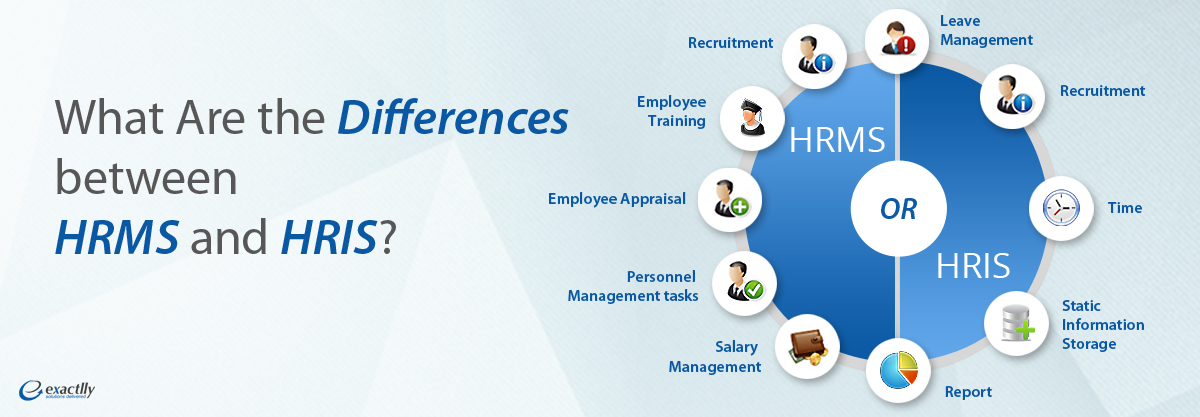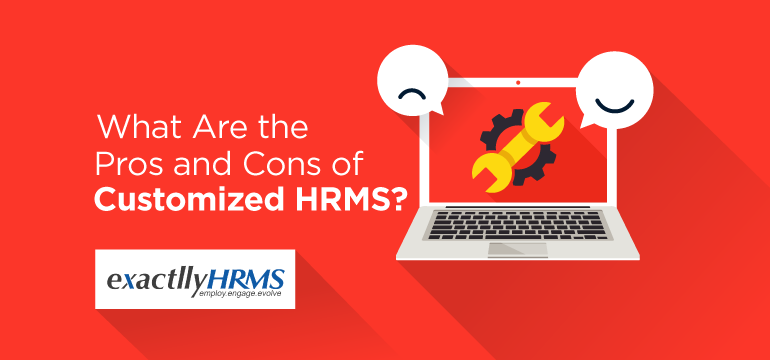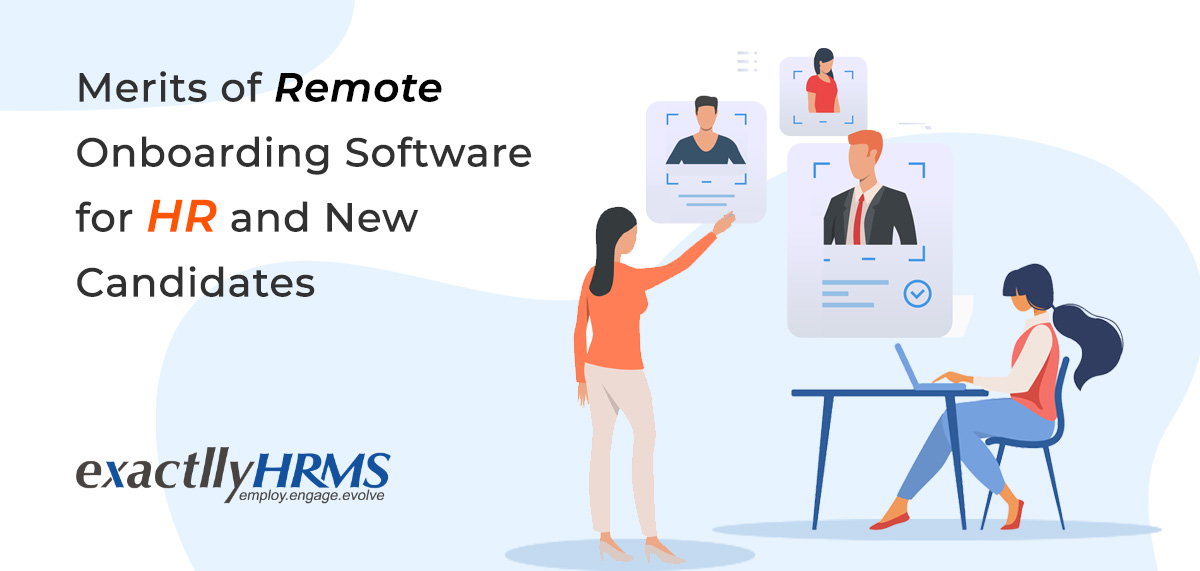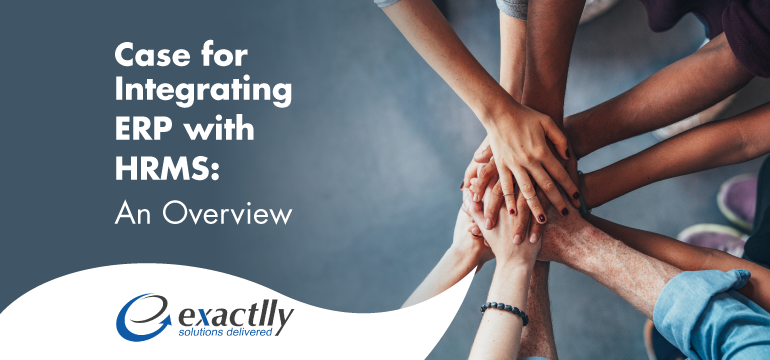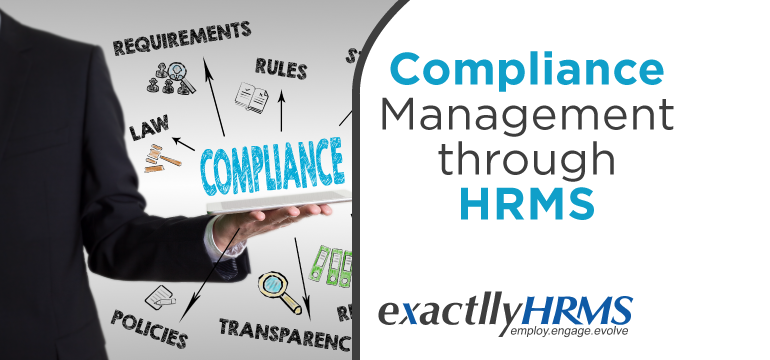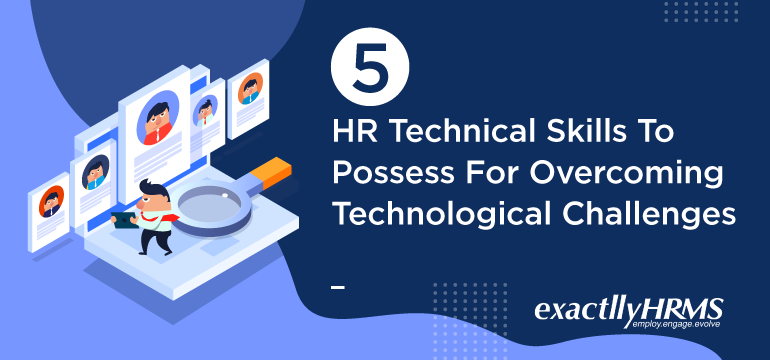Using an HRMS to Respect Hierarchy at Work
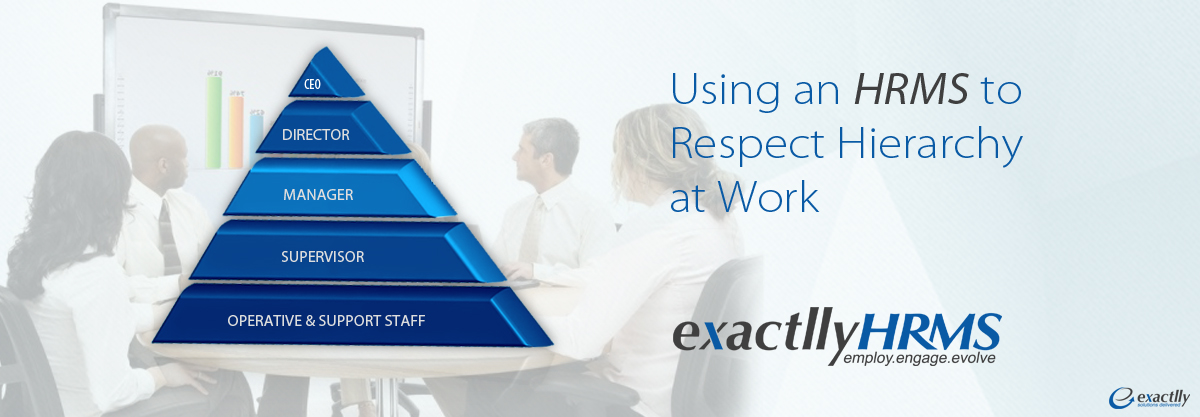
Hierarchy at Work
Singapore was established by the British in 1819 as a trading post but has now grown to be a global metropolis that is the centre of all business activities. One of the financial capitals of the world, Singapore presents a unique challenge to companies and organizations in terms of its hierarchical organization.
If you have just moved your business to Singapore or are already operating in Singapore but haven’t figured out the inherent hierarchical culture within a work environment, it is important to do so. A human resource management system can help you to foster better relationships with your employees but knowing the culture they come from and knowing the culture in which your clients operate is very important.
Understanding the culture and hierarchy of Singapore will also help you to make customizations to your HRMS. In this article, let us try and understand the hierarchical organization of the Singaporean business society and how that can help you to make changes within an HRMS.
Singapore and its Culture of Organizational Hierarchy:
Singapore has five officially stated values which include the nation, family, community, consensus and harmony. The culture places nation above all, and then the community in which one lives and last, the self. This hierarchy of importance is evident in an organization as well. The company as a unit is most important for everyone that works in it.
Secondly, a person has to respect his department before he can think about his own progress. Last, a person can give importance to his professional advances. This hierarchical nature has helped Singapore to proceed further and become entrenched in the global business society. When an HRMS is installed, it is important to understand that your employee in Singapore is probably more worried about the company than an employee elsewhere in the world.
Tweak your HRMS to respect the hierarchy within an Organization
Most individualistic societies give importance to the professional development of the ‘self’, whereas, in Singapore and other hierarchical cultures, the economic development of a company is given more importance than the professional advancement of a single employee. Thus, your HRMS structure should reflect that. When customizing your new software, make sure that it is organized in such a manner that the values of your company are organized at the top level. Ideally, an HRMS must be customized to reflect the top-down hierarchy which is popular in Singaporean work culture. An HRMS tool can be customized in such a manner that employees always approach their immediate superiors, instead of contacting the very top manager, which isn’t appreciated in Singaporean culture.
Second, to that, inter-departmental success should be given importance. Last, begin to appraise individual employees in a department. Appraisals of departments as a whole is a better idea than picking out one individual for praise. This may come across as rude to other employees, who probably put in the same amount of effort anyway.
Importance of Consensus in a Singaporean Organization:
Another aspect of Singaporean hierarchical culture that we respect and admire is that of consensus. An HRMS is software that helps to build relationships between the HR department and the employees, and thereby, with the entire company. Thus, if there is a problem that an employee encounters, he or she will probably seek solutions in the form of consensus within his own department, before coming with the problem to the HR department.
Tweaking an HRMS tool to reflect Consensus:
An HRMS tool can be Appraisals of departments as a whole, which helps employees to collaborate, discuss and arrive at solutions rather than each person solving problems on his own, or running to the HR department when something turns up. Consensus is something that is very important across Eastern cultures. If someone does not want something and the rest of them want it, the person who doesn’t want it will happily agree to it anyway. This sort of behaviour is not common in individualistic societies.
As HRMS tools can facilitate communication between people and departments, it is important to tweak them based on cultural aspects as well. An HRMS tool that helps employees to maintain autonomy and be individualistic may not appeal to employees in Singapore, who probably seek to work as a group.
Thus, tweaking the HRMS tool to allow small groups of people to access data and communicate with each other is better than having an individualistic paradigm.
Use your HRMS to Enhance Communication in a rather formal Environment:
One of the most important features of an HRMS is its ability to enhance communication between a company and its employees. An HRMS reduces corporate bureaucracy and increases communication between all parties involved. If an employee has to take a leave request, he or she will not have to wait in line to meet the HR manager. Instead, they can file a request within the software and get it approved automatically.
These little things help employees to communicate better with their peers and superiors. With that in mind, there are several distinct features of the Singaporean style of communication. In Singapore, communication is usually indirect and restrained. People also tend to be formal and hesitate to reveal disturbing information directly.
An HRMS tool helps in speedy communication without employees having to communicate what may be deemed as unpleasant. The fact that it is a software program and not an individual helps employees to let their guard down and communicate better.
This results in better communication within the organization overall and leads to efficient working styles. If there is something to be said, the employee can make those reports within the software instead of having to speak directly and reveal information that he or she may not be comfortable with.
Confucianism and Reliance on Hierarchy:
Singaporean culture derives from Confucianism, which relies on hierarchy. To an outsider, it may seem rather restrictive but there is a sort of discipline that has helped Singapore to become one of the richest countries in the world. Elders and people with status are usually more respected and obeyed. In order to translate this knowledge into HRMS success, you need to ensure that reporting is done in a hierarchical manner.
Understand the hierarchy within your organization and make sure that your software is tweaked to suit that. As HRMS programs can be customized, it is really up to you how you use them at the end of the day. If you feel the level of group dependence is rather too much, you can ensure that HRMS encourages employees to make their own reports and not seek confirmation or approval from others.
Adapting HRMS to a Singaporean Work Environment:
Singapore can be a very vibrant and exciting place to start a business or run it. However, it is culturally vastly different from North American or European work environments. Understanding these differences will help you to customize your HRMS and make sure that consensus, communication and efficacy are improved. Thankfully, employees in Singapore tend to have a better learning curve when it comes to software programs like HRMS.
It is easier to get business process systems rolling in Singapore than it is in other countries. Moreover, whether you are located in Singapore or elsewhere, it is always a good idea to customize your HRMS to suit your needs. Before you do so, just ensure that you understand the culture of your employees. Wants to know more about exactllyHRMS? Feel free to Contact Us and get a Free Demo.

